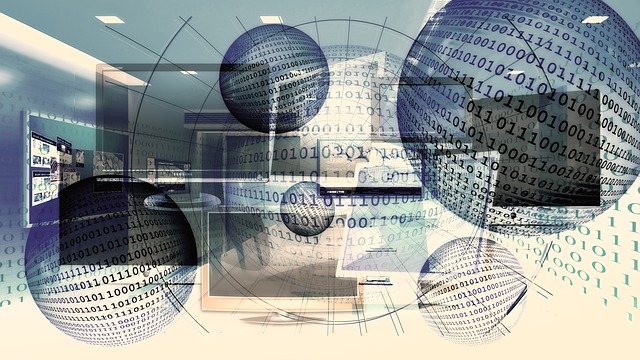-
The Department of Trade and Industry launched a platform that serves as a one-stop-shop for all strategic trade-related services
-
The DTI-Strategic Trade Management Office e-Licensing platform will facilitate the issuance of certificates to industry stakeholders applying for cross-border transfer of strategic goods
-
DTI expects the platform to help increase industry awareness and compliance with the Strategic Trade Management Act law
The Department of Trade and Industry (DTI) inaugurated a digital platform that serves as a one-stop-shop for all strategic trade-related services.
The DTI-Strategic Trade Management Office (STMO) e-Licensing platform will facilitate the issuance of certificates to industry stakeholders applying for cross-border transfer of strategic goods, Trade Secretary Alfredo Pascual said in a speech during the launch on February 20.
The e-Licensing platform is accessible 24/7 to all stakeholders. DTI assures safeguards have been implemented to make transactions more efficient, transparent, and secure.
Development of the STMO was made possible through an information technology infrastructure grant from the United States Defense Threat Reduction Agency provided under the Cooperative Threat Reduction Agreement between the US and the Philippines.
Pascual said DTI expects the platform “to help increase industry awareness and compliance with the Strategic Trade Management Act [STMA] law.
“This will significantly increase and improve the Philippines’ implementation of our international obligations, thus demonstrating our commitment to peace and security,” Pascual pointed out.
Promulgating law Republic Act No. 10697–also known as An Act Preventing the Proliferation of Weapons of Mass Destruction [WMD] by Managing the Trade in Strategic Goods, the Provision of Related Service, and for Other Purposes)—was signed into law in 2016 to comply with United Nations Security Council Resolution No. 1540.
The UN resolution “imposes binding obligations on all states to adopt legislation to prevent the proliferation of nuclear, chemical and biological weapons, and their means of delivery, and establish appropriate domestic controls over related materials to prevent their illicit trafficking.”
The STMA aims to regulate the export, import, transit and transshipment, re-export and reassignment of strategic goods, software and technology and the provision of related services to prevent the proliferation of WMD.
The STMO serves as the executive and technical agency of the government in establishing the management systems for trade in strategic goods pursuant to STMA.
STMO is enforcing a phased implementation of the STMA and has started with exports of strategic goods. Coverage for other types of shipments, including transit/transshipment, re-export/re-assignment, related services (e.g. transporting, brokering), and imports will follow.
Pascual said since STMO was established in 2017, the Philippines improved its ranking on the Peddling Peril Index from 86th to 49th place in 2021/2022. The Peddling Peril Index is the first comprehensive and in-depth ranking of the effectiveness of strategic export controls by country.
In July 2020, when STMO started implementing and accepting export authorization applications up to the end of that year, the export value for strategic goods amounted to US$3.6 million. The following year, 2021, there was a big jump when traded strategic goods were valued at $4.5 billion.
Information systems formed 98% of these exports, while semiconductors and integrated circuits accounted for the remaining 2%. Also, there were $650,000 in new investments in the intangible technology transfer.
The Philippines’ biggest trading partner is the United States accounting for 60% of total trades. Next is Japan with 21%, Singapore at 5%, South Korea at 4%, and China at 3%.
The STMO has yet to verify the specific amount for 2022 but this is estimated to be around the same $4.5-billion figure. The office is still validating the annual reports and reconciling the data with the Bureau of Customs.
Pascual said the potential trade in strategic goods is expected to increase as businesses become more confident to expand their activities, “considering the risk assessment criteria we apply to all export applications.”
He explained: “For instance, US-headquartered companies are guaranteed that we will not allow their Philippine counterparts to have businesses with sanctioned individuals and entities. And we are not stopping there. Challenges continue to arise as bad actors use every opportunity to threaten peace and human security. Moreover, with ongoing geopolitical tensions leading to a more sophisticated sanctions regime, stakeholders are asking us more questions that are more complex. These threats motivate us to continue our mission. As bad actors double their efforts, we triple ours. We are proactive in our response to threats.”
RELATED READ: Strategic goods commodity classification a must before STMO registration





